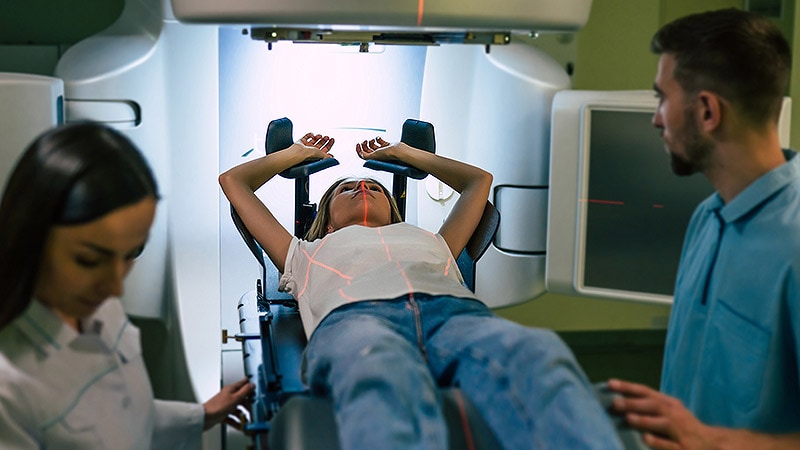Early warning scores are unreliable when respiratory rate is measured over a short period of time, according to research from the University of Edinburgh.
The researchers conducted a virtual experiment, using continuous recordings of breathing from 25 acutely ill patients. These recordings allowed each breathing cycle to be precisely timed. They made repeated random measures of respiratory rate using different sample durations of 30, 60 and 120 s.
It was found that there was a large variation in the respiration rate for each patient - more than half of the measurements differed by more than three breaths per minute.
When the sample duration was nominally 30 s, the mean interquartile range of repeated estimates was 3.4 breaths/min. For the 60 s samples, the mean interquartile range was three breaths/min, and for the 120 s samples it was 2.5 breaths/min. Thus, repeat clinical counts of respiratory rate often differ by >3 breaths/min. For 30 s samples, up to 40 per cent of National Early Warning Scores could be misclassified.
The authors concluded that early warning scores are unreliable when short sample durations are used to measure respiratory rate. Precision improves with longer sample duration, but this may be impractical unless better measurement methods are used, they said.
The study is published in ERJ Open Research.


